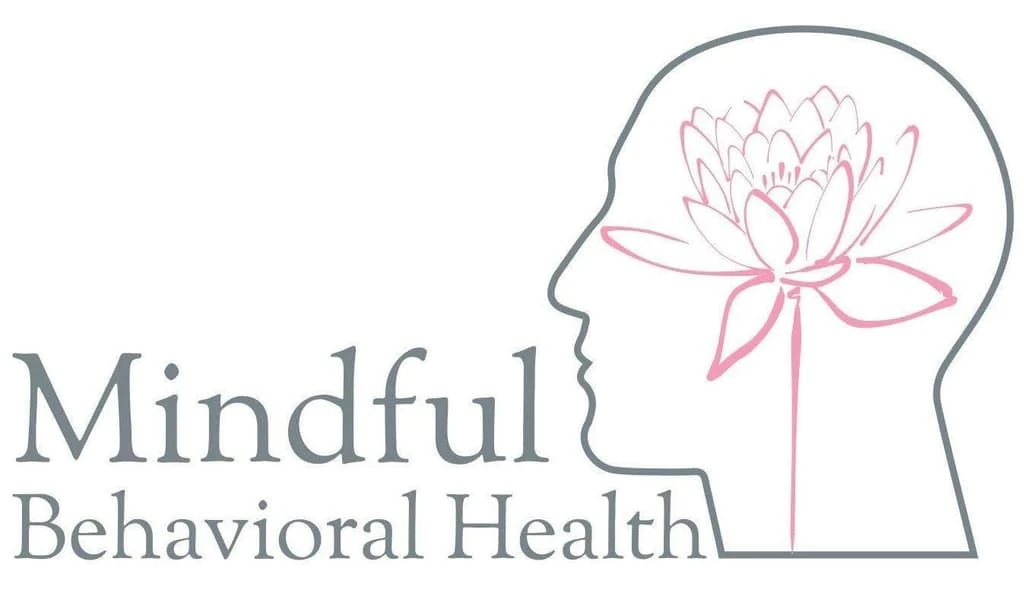
Clinical research trials at Mindful Behavioral Health?
- Treatment Resistant Depression (TRD) in Bipolar Depression: If you are not responding to your current depression treatment you may have what is called treatment resistant depression (TRD). In this study we are investigating a medical device that is already on the market and FDA approved for depression. The device is a vagal nerve stimulator (VNS) and you can learn more about it at www.recovervns.com. This trial is seeking to obtain Medicare coverage for the device.
Who is eligible to participate:
- People over the age of 18
- Medicare patients encouraged.
- Commercial insurance is allowed.
- If have been diagnosed with bipolar depression and failed/not responded to 4 or more depression treatments (Psychotherapy, medications, ECT, TMS, Spravato and/or ECT)
- Patient must be on a mood stabilizer.
What does it mean to provide clinical research?
Clinical research tests the safety and effectiveness of medications, medical devices, treatments, and diagnostic procedures. The research, called a clinical trial, could test new drugs or devices, evaluate an existing treatment’s effectiveness for a different condition, or compare several treatments.
The Boca Raton Medical Institute, which is operated by an exceptional team from Mindful Behavioral Health, performs neuropsychiatric Phase I-IV clinical trials.
What happens during a clinical trial?
Clinical trials go through four phases. The medication or other treatment being studied must successfully pass each phase and receive US Food and Drug Administration (FDA) approval before proceeding to the next phase:
Phase I
During this phase, safety and dosage are tested on up to 100 volunteers.
Phase II
Clinical testing in this phase focuses on effectiveness and potential side effects. Phase II can last up to two years and include up to several hundred volunteers.
Phase III
Phase III is large-scale testing using up to several thousand participants. If safety and effectiveness are proven in such a large group, then the FDA may give its clearance to market the medication or treatment.
Phase IV
This phase continues as the team at Boca Raton Medical Institute continues to monitor safety, and long-term effectiveness after the product reaches the market. Any problems or concerns that arise are reported to the FDA, which can pull it off the market or limit the treatment’s use.
What to expect during a clinical trial?
Pre-screening:
You will receive a phone call from your local site. In this phone call you will be asked questions to further determine whether you are a qualified candidate. After the determination is made that you are a good candidate you be scheduled for a screening visit.
Screening Visit:
This will be your first in office visit in the trial. At this visit the team will perform initial assessments with you. Most studies will require our qualified staff to perform an Electrocardiogram (ECG) and blood work at this visit. All your assessments will be sent to the trial sponsor for approval.
Baseline Visit:
The baseline visit is where we will randomize you into the trial. Randomization is computer generated by the study sponsor, most studies do not tell us whether you will get the treatment or the placebo. During this visit you will also do some of the assessments that were performed during the screening visit.
Follow up visits:
Depending on how long your trial is and how often you report to the office is trial specific. Most follow up visits include assessments on how the treatment is preforming for you and how you have been feeling on the medication. You will also do assessments on how your condition is improving with the addition of the medication. You may have routine blood work done as well.
Post conclusion Visit:
Once you have completed the trial you will be asked to come in one last time to the office for assessments and possibly blood work. This appointment is to make sure that you are doing well after completion of the trial and how your condition has been since you stopped the treatment.
Open Label Extension:
Most trials have what is called an open label extension which is when you can continue the study treatment if you feel that the treatment has improved your condition. The objective of an open label extension is to determine the long- term effects of the treatment on the condition. When you enter the open label extension period it is likely that the trial period is significantly longer that the trial you first participated in. This part of the trial usually has more spaced out follow up visits when compared to the initial trial.
How do I benefit from clinical research?
When you volunteer for clinical research, you have access to experimental or cutting edge treatments at no cost. You’ll also receive reimbursement for your time.
During your clinical trial, you receive expert mental health care in a relaxing and comfortable environment at Mindful Behavioral Health, where your experience and safety are the most important priority.
What if I want more information?
If you or someone you know is interested in joining a clinical study or want more information on one of our current or upcoming studies, please call or contact us online today.
